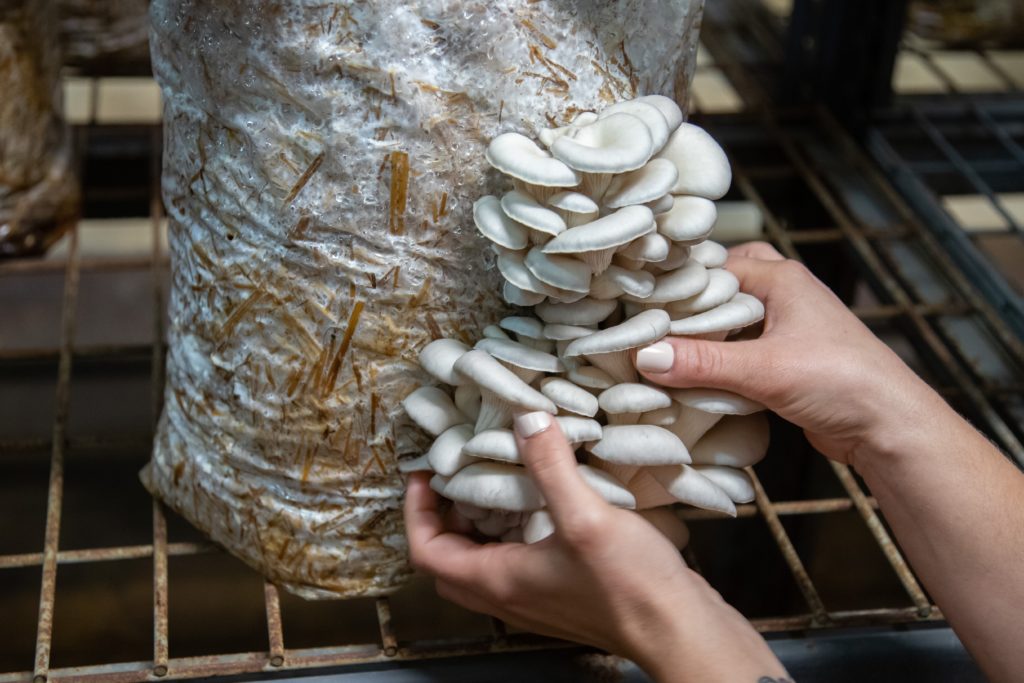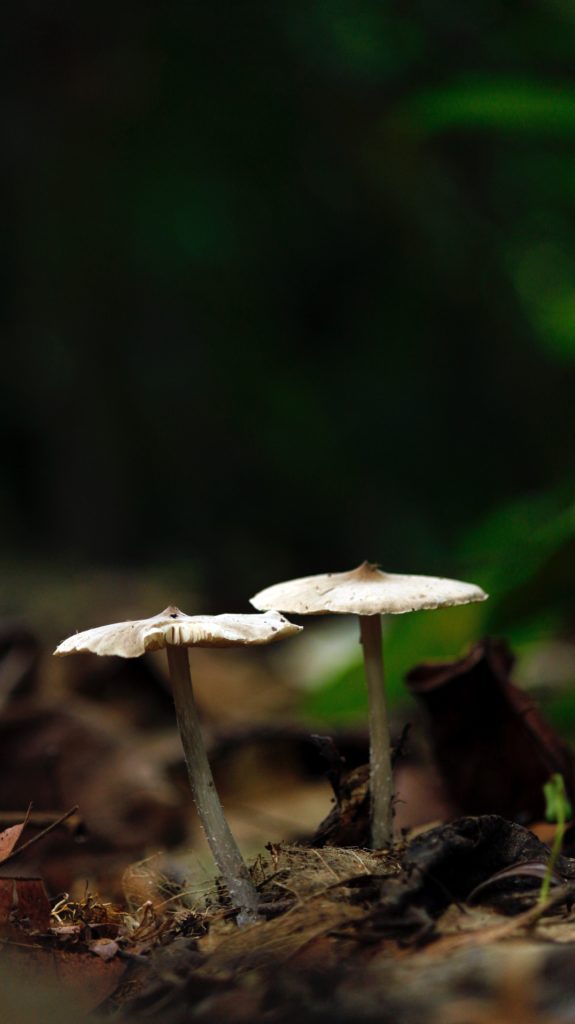
Urban Agriculture Made Simple – Part 2
In small spaces you can cultivate mushrooms and other fungi. Cultivating fungi can yield food, medicine, construction materials and other product. A mushroom farm is the business of growing fungi. Yet again you can cultivate mushrooms in a small urban garden or even in a room in the middle of a big city.By Marinda Sauerman
The Urban Farming Revolution – Fungi culture
South Africa produces 21000 tons of mushrooms per year of which half of the producers are in Gauteng. The rest is split between KZN and the Western Cape. SA also exports mushrooms to Namibia and Mauritius.
For the business side of this adventure, choose your business name, logo and draw up a business and marketing plan.
To begin your mushroom growing adventure, first make sure you have a passion for gardening.
What you need to begin:

* Choose the types of mushrooms you want to focus on. There are three types of mushrooms that are the most desirable for farming. Button, Oyster and Paddy straw mushrooms.
* Make sure you have a room that will be large enough to produce the amount of mushrooms you have in mind.
* Get hold of the correct spawn to start the culture. Producing your own spawns can benefit you in the long run.
* Accumulate as much knowledge on fungi farming as possible. The more you know the more successful you will be. There are great workshops and courses in South Africa that you can attend to gain more experience.
* Make sure your growing environment compliments your choice of mushroom. Exotic mushroom like Shiitake and Oyster mushrooms might be a smarter choice for the niche market if you are an urban farmer with a small space.
* Prepare the substrate for your mushrooms. This would have a direct influence on the quality of your mushrooms.
* Decide if you are going to use trays, bags or boxes for your substrate (compost) – then stack and organise for the maturing of the spawn while keeping room temperature, humidity and light suitable for the incubation of the type of mushroom you are growing. Your compost composition needs to be perfected, the growing cycle starts with the compost and it is of upmost importance to ensure that it contains the correct ingredients. Good quality raw materials are needed. After fermentation your compost can be moved to your containers.
*Colonise your crop until it fruits. Maintain the humidity and spray regular to prevent drying out.
* You will be able to harvest in approximately 10 to 14 days depending on your mushroom.
Positives:
Cultivating mushrooms is a balance between science and art. Toxic waste clean-ups by mushrooms are believed to be a scientific fact. They are anti-viral and anti-bacterial. Mushrooms make our environment easier to live in.
You can use a small space to generate an income. If you start the farming as a hobby and gradually grow your clients, you can enjoy the gradual growth of your knowledge without exterior pressure. Your start-up cost won’t break the bank if you start small.
Besides serving the culinary sector, you can become part of the health sector as a lot of mushrooms have specific health benefits. Shiitake is known for producing t-helper cells that help with compromised immune systems and help fight off infection. Oyster mushrooms helps to naturally reduce blood pressure. Mushrooms are rich in vitamin B, protein, fibre and minerals.
It is extremely rewarding to see your fungi grow to its full potential.
Difficulties:
You need to be disciplined, patient and hygienic with your spraying times. Mushroom farming is mycology (the study of fungi).
If you are not patient and willing to be somewhat scientific in your approach, this is probably not for you. You need to be a curious researcher into the art of growing fungi. You have to take care to make sure that you are only growing your desired fungi. It takes some knowledge to kill off any undesirable micro-organisms. Sterile air is needed before you inoculate. It is important to simulate the conditions mushrooms grow in naturally in a forest and that needs specific light stimulation.
Mushrooms are nature’s grand decomposers. Their job is to break things down and turn it into organic material that can be re-used by the environment. Mushrooms are crucial to the environment and eco system.
.
